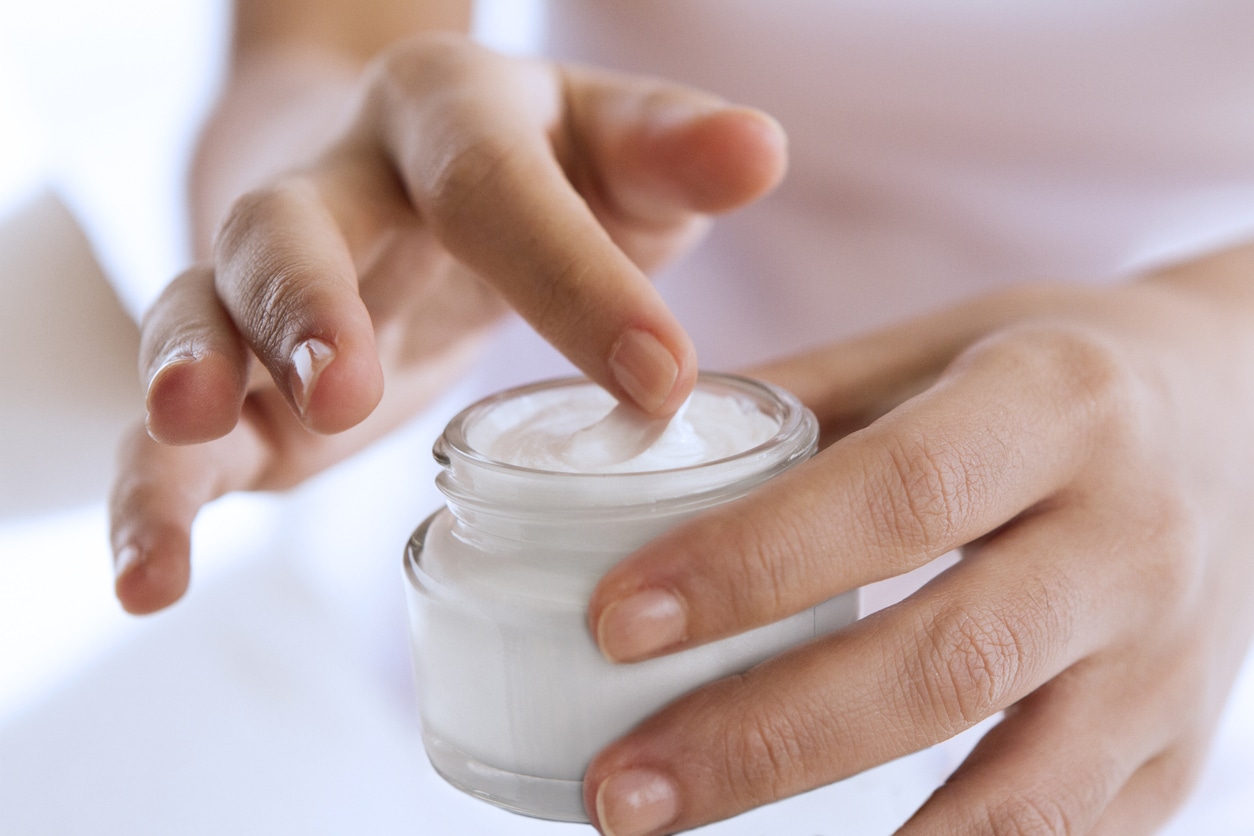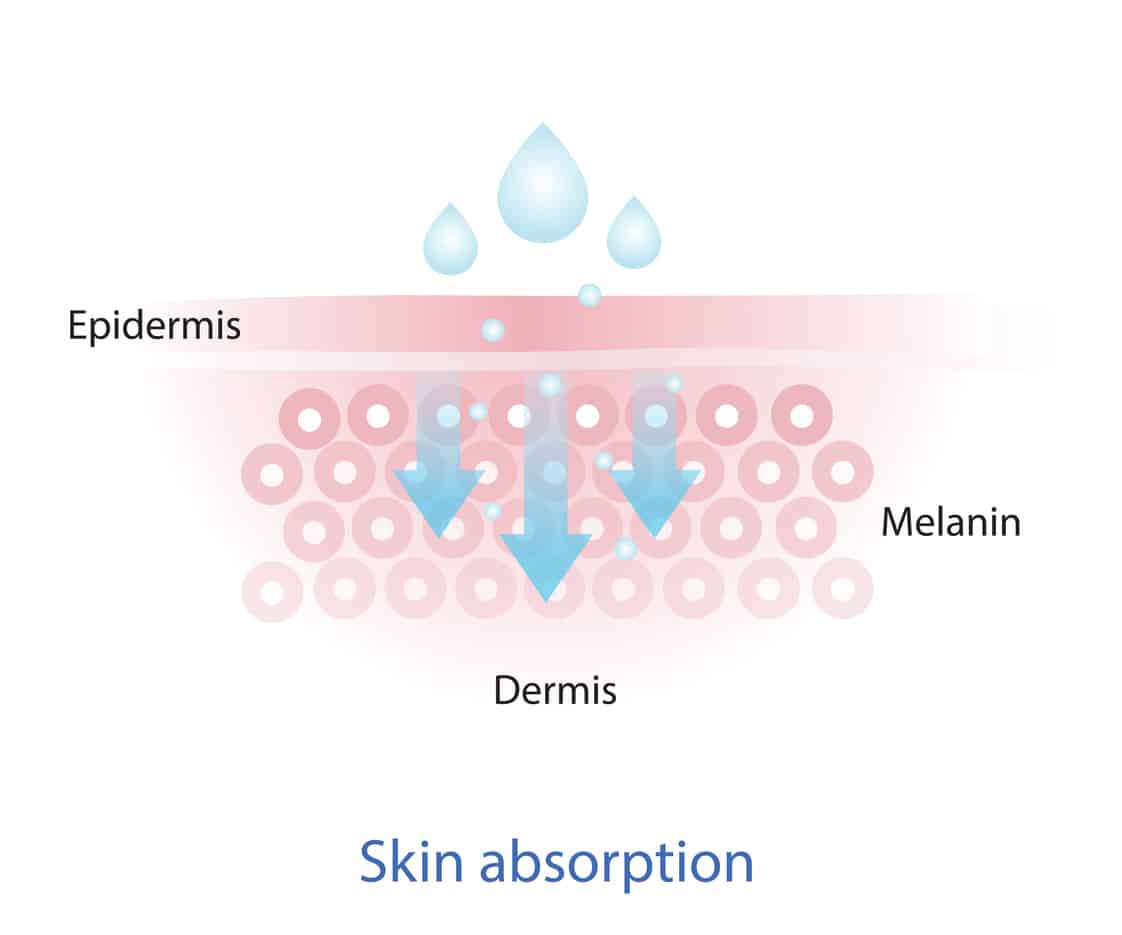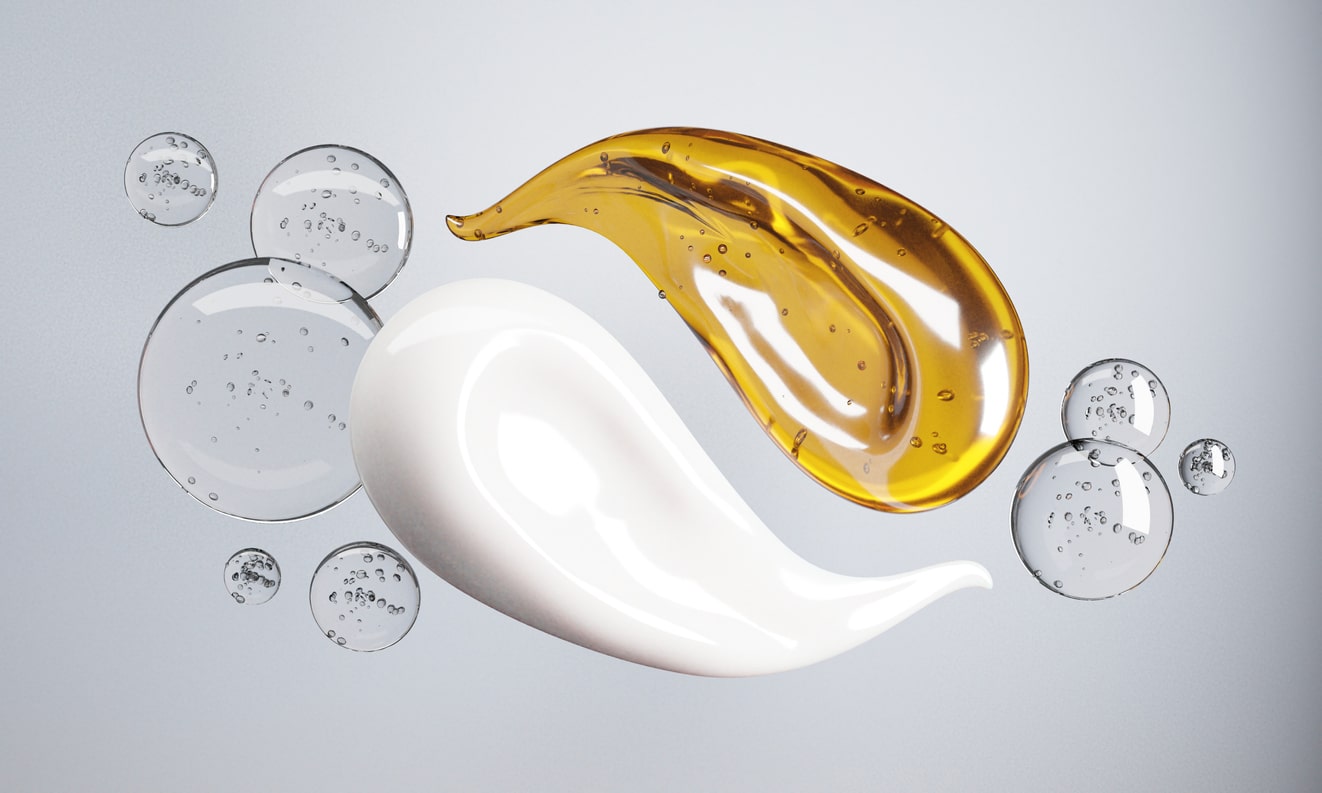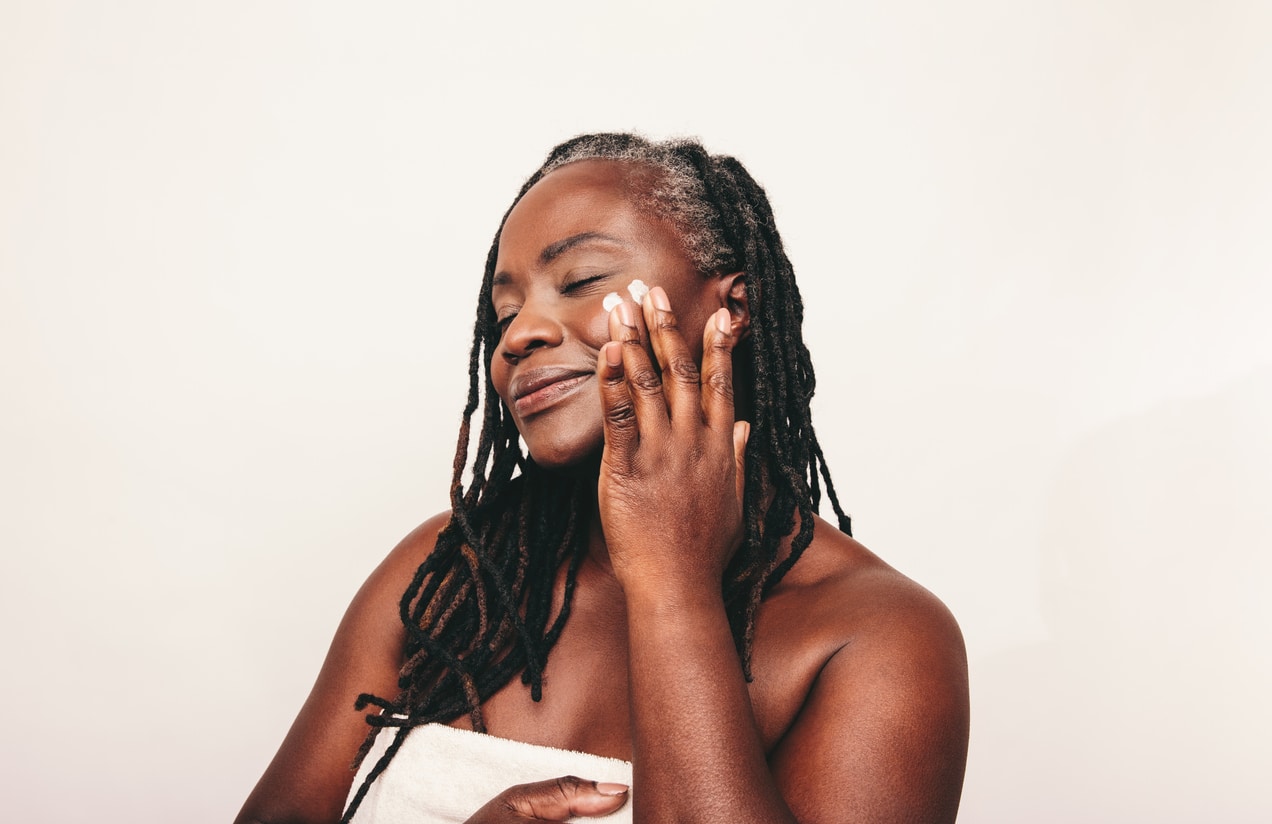It’s that time of year when cold weather starts to zap all the moisture right out of your skin, leaving it drier than last season’s Christmas tree. If your skin looks red, flaky, dull, or is just generally lacking in luster, it may be time to add a barrier cream to your skincare routine. No, we aren’t talking about the Vasoline “slugging” trend that’s gone viral on TikTok, but we are talking about a product that locks in moisture and prevents future water loss.
More than just a fancy (read: more expensive) moisturizer, barrier creams are specifically formulated to repair the skin and protect it from further damage. Slathering your face with a petroleum jelly-based product can aggravate acne-prone or oily skin. Using a barrier cream that has been created with a combination of quality, skin-loving, hydrating ingredients results in skin that looks glowing, not greasy.
Skin Science 101
To understand why you need a skin barrier cream, you need to first understand what your skin’s barrier is and why it’s important. If you remember your high school health class, you may recall that the skin is the body’s largest organ. It’s made up of the epidermis, the dermis, and the hypodermis. The epidermis, or top layer, is the most visible and the one that shows the signs of sun damage, pollutants, and dehydration. It is a reflection of the strength of the skin’s outer barrier, which is responsible for keeping the deeper skin layers healthy and hydrated.
When that barrier is weak or broken down, the skin becomes dull, dry, and more susceptible to damage from free radicals and other environmental factors. When the barrier is intact and healthy, however, the skin tone appears even, smooth, and hydrated because it can efficiently retain water.
How Does Barrier Cream Work?
A glowing complexion aside, the main benefit of a strong skin barrier is that it serves as a defender, fighting off the damage that can ultimately destroy your skin.
“Think of it as a shield that determines how your skin looks and feels,” describes Alicia Maldonado, master esthetician at Nova Aesthetics in San Antonio, Texas. “When it is compromised, it can agitate breakouts, rashes, premature wrinkles, and more.”
And while there are some external factors you can’t always avoid, like air pollutants, there are other things you can control when it comes to preserving the skin’s barrier. Maldonado recommends washing your face with cool water, especially during the winter months. She also suggests washing your makeup off before bed, limiting the frequency of aggressive retinol and treatments, and never popping or picking at pimples.
“Most people don’t know when to stop, and we can easily tear our skin,” she explains. “In return, the barrier will try to protect itself, and scarring and uneven pigmentation can occur.”
Finally, if you’re a smoker, stop. Not only will your skin thank you, but your lungs will too!
Understanding Ingredients
In addition to avoiding these known skin irritants, adding a barrier cream to your skincare regimen is an effective way to help it retain moisture and allow it to do its job. Already use a rich moisturizer? Great, but while all barrier creams are moisturizing, not all moisturizers are barrier creams. They may share a few ingredients, but barrier creams will have specific ingredients and formulations to heal the skin that your average moisturizer will not. According to Maldonado, a few key ingredients to look for in your barrier cream include:
- Ceramides to lock in moisture.
- Hyaluronic acid draws in moisture and works with ceramides.
- Niacinamide helps build keratin, a protein that keeps the skin firm and healthy while minimizing redness, blotchiness, and the appearance of pores. This powerhouse protein also regulates oil production, protects against sun damage, treats hyperpigmentation, and may minimize fine lines and wrinkles.
- Glycerin for sustained moisture, even under harsh conditions.
How To Use a Barrier Cream
Just like it prevents irritants from getting under your skin, a barrier cream will also prevent any additional products from penetrating it. That’s why barrier creams are best incorporated as the last step in your skincare routine immediately after your moisturizer. When applied after your nighttime serums, it packs a one-two punch by sealing in all the hydrating or anti-aging ingredients while you sleep. It can be tempting to use these luxurious creams every time you cleanse your face, but you can have too much of a good thing. Unless you are using the cream to address a specific issue or after receiving a chemical or laser peel, once every 40-72 hours is usually sufficient for most skin types.
The Best Barrier Cream Options on the Market
Below are some of our favorite barrier creams to keep your skin looking and feeling supple and strong.
U Beauty The BARRIER Bioactive Treatment

The priciest of the bunch (but worth every penny in this writer’s opinion), this restorative overnight cream harnesses the power of the sea to improve skin’s vibrance while restoring its resilience visibly.
Epionce Medical Barrier Cream
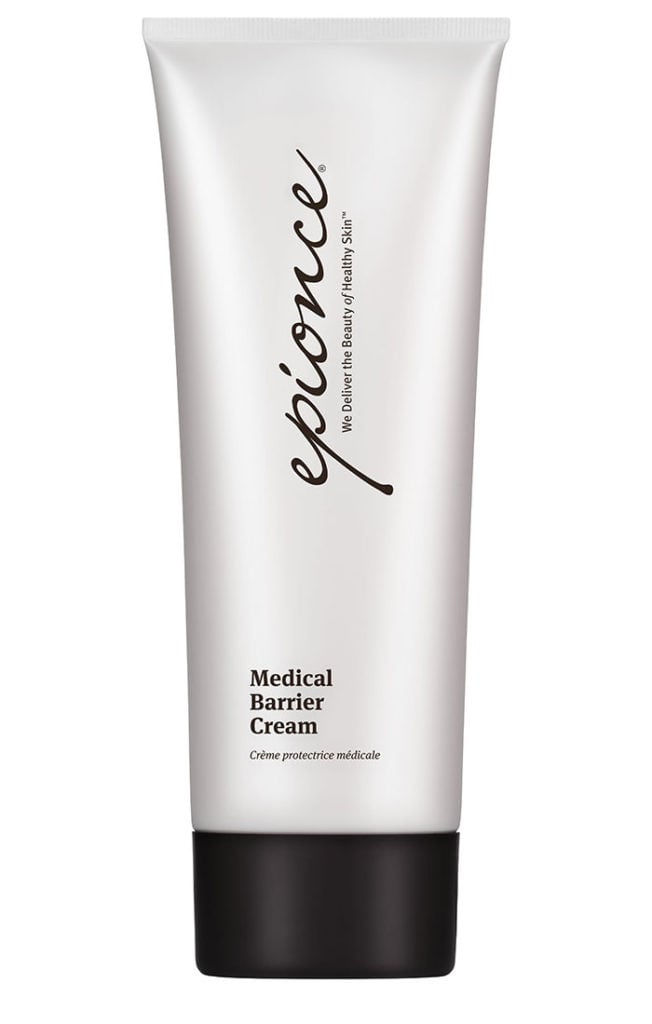
This one is a favorite for severely dry, chapped, or skin that is healing from aggressive treatments or harsh chemicals. The fragrance-free, vegan formula is ideal for sensitive skin types, too.
Augustinus Bader The Rich Cream
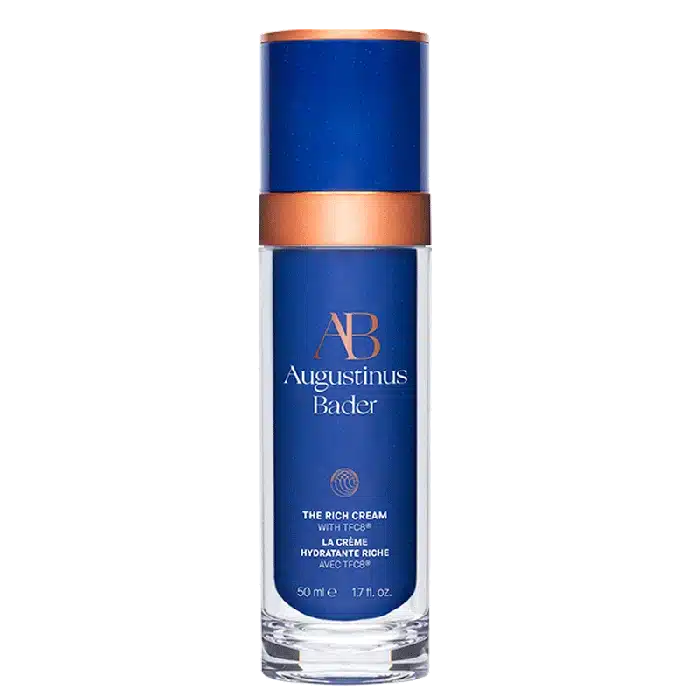
This award-winning super hydrator has a celebrity cult following for good reason—it works! The decadent cream supports cellular renewal for skin that is dramatically firmer, more hydrated, and glowing.
Kiehl’s Ultra Facial Advanced Repair Barrier Cream
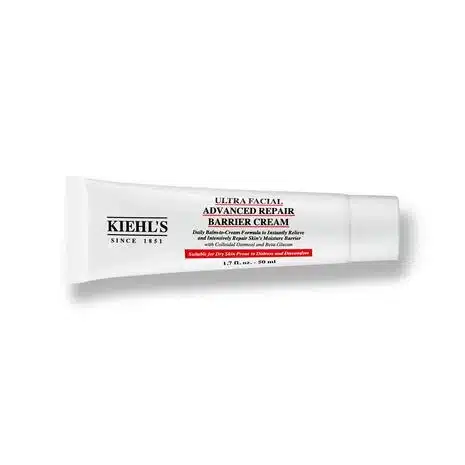
This intensely hydrating cream is formulated for skin that needs more than just a little extra TLC. Able to penetrate up to 10 layers deep, It can turn the scaley to smooth, dry to dewy, and red to radiant almost overnight.
Breaking down barriers in life is good. Breaking down the barrier of your skin is not. Fortunately, it’s never too late to repair and restore your skin and put your best face forward every day.
Read More:
Best Moisturizers for Mature Skin

